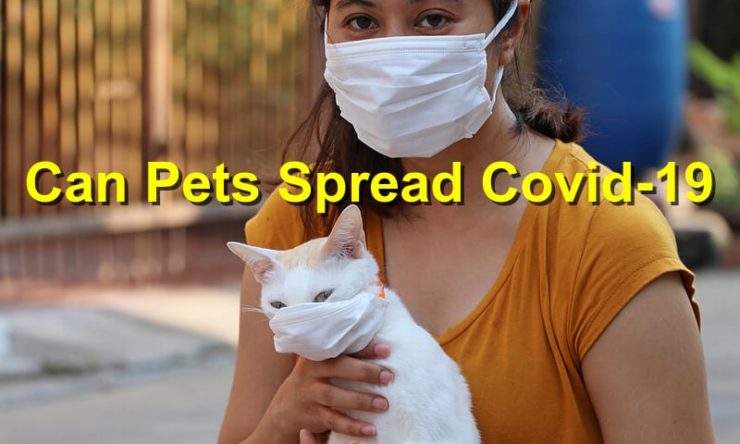Can Pets Spread Covid-19? A Comprehensive Outlook
We are the middle of a health crisis, and as expected, there are loads of misinformation and half-truths floating around. One of them touches on the issue, myth and belief that pets spread covid-19 which is yet to be wholly debunked. While there have been reports of a few cats and dogs becoming infected and testing positive for the novel virus, most of us are still in the dark on whether or not we are a risk of catching the virus from our pets.
There’s no Hard Evidence that Pets Spread Covid-19
According to the World Health Organization (WHO), the current transmission of the coronavirus flu is as a result of human-to-human spread. To date, there is no clear and tangible medical evidence to suggest that our companion animals can act as a vector of the virus thereby acting as an important medium in the transmission and spread of the virus. For this reason, there’s no justification whatsoever for taking strict quarantine measures against our furry friends that could compromise their healthiness and welfare.
Wash your Hands After and Before Petting your Furry Companions
While certain fungi and bacteria are known to inhabit the hair, skin and fur of common domestic animals, there is no hard evidence that the pathogen responsible for Covid-19 illness can be spread by touching or petting your pet’s hair. Granted, however, it is still a recommended practice to wash your hands thoroughly after snuggling, petting, playing or touching your favorite pet – there could be other germs or bacteria lurking in the shadows.
It is Still Safe and Actually Advisable to Adopt Shelter Animals
Since there is no tangible evidence from any recognized institutions that shelter pets spread Covid-19, you shouldn’t shy away from fostering or adopting a pet from a home. What’s more, considering how times have been hard financially in the aftermath of the virus, a lot of shelters are desperately looking for adopters and fosters who can ease the burden off their backs and give the poor animals a chance at having a warm and loving family.
It’s a win-win situation if you look at it; the shelter will have one less animal to worry about while you will have a new furry companion to interact with during this lockdown period when you can hardly venture outside.


